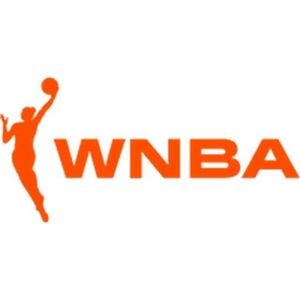The Magnit chain of food stores is moving to expand its market presence by acquiring the premium supermarket chain Azbuka Vkusa. According to RBC, which cited three sources familiar with the negotiations, the deal includes Azbuka Vkusa stores located in Moscow and St. Petersburg, five in-house factories, and three distribution centers.
The estimated cost of acquiring a controlling stake in Azbuka Vkusa ranges from 30 to 40 billion rubles. Mikhail Burmistrov, General Director of INFOLine-Analitika, believes that the price tag reflects a very attractive offer, especially considering that public analogues are trading at their historical minimums. Marat Ibragimov, Executive Director of the Financial Markets Analysis Department at Gazprombank, echoed this sentiment, stating, "This is a very attractive price. Especially considering that public analogues are trading at their historical minimums."
Most of Azbuka Vkusa's 170 stores operate in Moscow, with additional locations in the Moscow region and St. Petersburg. The chain primarily consists of supermarkets under the Azbuka Vkusa brand, alongside smaller AB Daily minimarkets. The retailer is also making strides in online shopping and has its own production of products and semi-finished goods. Notably, Azbuka Vkusa has a coffee shop and does not sell ready-made food from third-party manufacturers, relying solely on its own factories.
Before this acquisition, there were rumors that other companies were interested in purchasing Azbuka Vkusa. In 2021, Yandex was reportedly considering an acquisition, but the President of Azbuka Vkusa, Denis Sologub, denied those claims, explaining that the rumors were linked to a strategic partnership with Yandex for express delivery services. Additionally, Severgroup, led by billionaire Alexey Mordashov, had also shown interest in acquiring the chain, having previously attempted to enter the retail sector.
The Azbuka Vkusa chain was established in 1997 and has been regarded as a premium grocery store, often described as the first supermarket chain for the wealthy in Russia. While this perception persists, the company asserts that its customer base includes individuals from various income levels. Interestingly, some food prices at Azbuka Vkusa can be lower than at more budget-friendly chains like Pyaterochka, though overall, it is still considered an expensive option focusing on high-quality products and in-house offerings.
In light of this acquisition, Magnit is set to strengthen its market position significantly, particularly in Moscow and partially in St. Petersburg. The chain currently holds a 13.2% share of the Russian retail market. As of 2024, Magnit operated 31,500 stores and 51 distribution centers across the country.
Magnit was founded by Sergey Galitsky, who was the primary owner until 2018. Since then, Marathon Group has taken over as the main shareholder. The group was established in 2017 by Alexander Vinokurov, a former president of A1, and Sergei Zakharov, another alumnus of the same company. Over the past few years, Magnit has made several strategic acquisitions, including the Dixy group in 2021 and the KazanExpress marketplace in 2023.
The deal for Azbuka Vkusa marks a significant step for Magnit, allowing it to tap into the premium grocery segment and potentially attract a new demographic of customers. With the landscape of the Russian retail market constantly evolving, this acquisition could reshape consumer choices and retail dynamics in the region.
As the negotiations progress, both Magnit and Azbuka Vkusa have opted not to comment on the details publicly. However, insiders suggest that the terms offered by Magnit were deemed more favorable compared to those presented by Severgroup, indicating a competitive bidding environment for the premium grocery market.
In summary, the acquisition of Azbuka Vkusa by Magnit not only highlights the ongoing consolidation in the Russian retail sector but also reflects shifting consumer preferences towards premium products and services. As the deal unfolds, it will be interesting to see how it impacts the competitive landscape and consumer behavior in the coming months.





